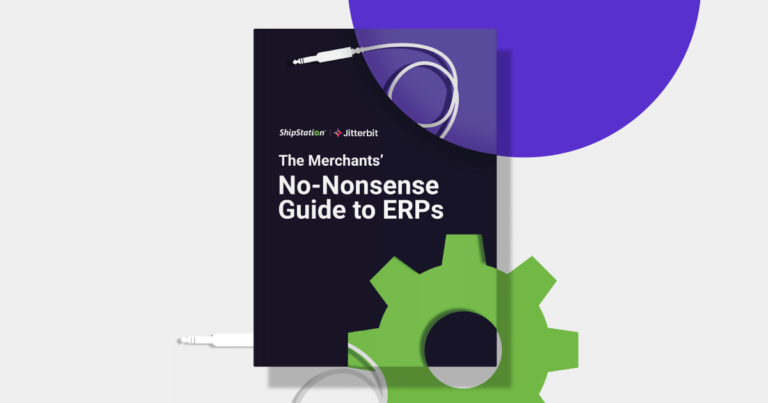How Australian Ecommerce Merchants Can Expand Overseas

This post is contributed by Michelle Ives, Head of Communications at Sendle. Sendle is Australia’s first 100% carbon-neutral door-to-door courier for eCommerce merchants.

Your products are already optimised for global SEO. You’ve got an international shopping cart. And you’ve invested in a currency conversion plugin. You’ve cracked the Australian market and you’re ready to grow your audience.
Now it’s time to double down on shipping.
Here’s what Australian ecommerce merchants need to know about expanding overseas.
Be Aware of Prohibited Goods
First, identify what you are and aren’t allowed to sell in your target markets. For example, if you’re an artisan wine seller, did you know you can’t send your products to Dubai? Want to ship dental hygiene products to Algeria? Forget it. Totally banned. And Kinder Surprise toys are a no-go in the U.S.
Do your research on each country’s restricted and prohibited items. If you legally can’t import your products somewhere, don’t waste your time.
Know Your Duty on Duties
Many countries have different regulations on import tax. And Australian eCommerce merchants usually choose an option called delivery duties unpaid (DDU). In DDU transactions, the shopper pays duty upon receipt of the order.
If you choose DDU, make sure it’s very clear on the checkout page. The customer would appreciate knowning they’re incurring additional costs before placing their order. Avoid subjecting your customers to unpleasant surprises. Otherwise, you might see order cancellations and/or returned items.
Package Carefully, Every Time
Sturdy packaging can, quite literally, make or break the customers’ experience. And it’s especially important when shipping internationally. Parcels travel a longer distance and go through multiple processing centres during transit. Additionally, pressure changes in commercial aircraft mean delicate parcels need extra TLC. Select the most appropriately-sized box or envelope and wrap each individual products in protective packaging material.

Declare Contents Lawfully
Accurately declaring your item (including the item value) is not just a legal requirement for export. It actually helps your parcel move faster because there aren’t any slowdowns at customs.
Furthermore, being dishonest about shipment value or contents is an unnecessary liability. And if your insurance paperwork doesn’t add up, your claim is automatically void. Lying is fraudulent, so you could be financially penalised or even prosecuted. Therefore, don’t risk it!
Validate All Addresses
International address syntax varies wildly. Australian commerce merchants should make it a habit to always double check addresses. Also, most booking dashboards don’t allow shoppers to enter Arabic or Chinese characters. So always clarify the English translation. You can also choose to only accept addresses in Latin characters at your checkout.
Manage Expectations — Theirs and Yours
Sometimes an unexpected route is the fastest way to get a parcel to its destination. It’s usually nothing to worry about, even if the route looks bizarre on tracking updates.
Your recipients appreciate being able to track shipments as much as you do. And if you give them a good idea of when they can expect their package, it helps reduce frantic inquiries.
Pro Tip: Carriers like Sendle offer full tracking visibility including email updates at no extra cost.
The Takeaway
Your sales tend to go up if the shipping cost is under 30% of the product cost. So pick a carrier who can give you affordable global flat-rate shipping. Don’t get caught off guard with complicated, fluctuating rates. Expanding internationally can be challenging for Australian ecommerce merchants. But the return is definitely worth it.



